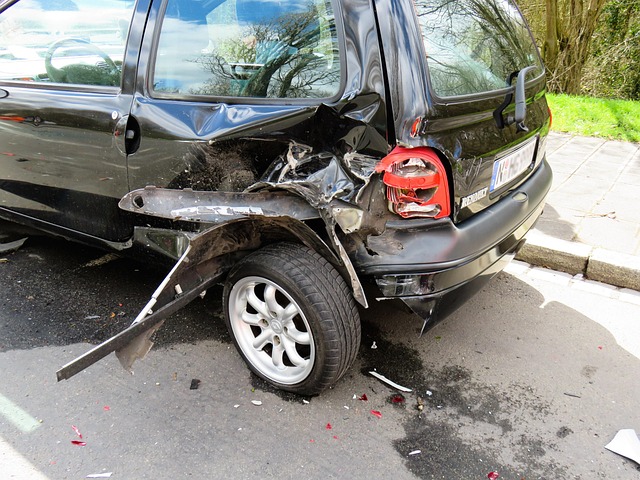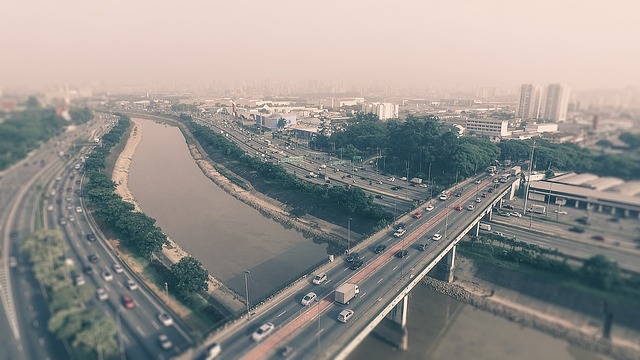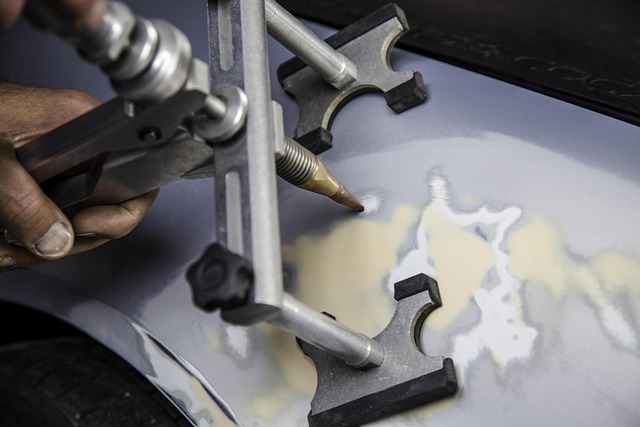A Peoria car accident lawsuit involves identifying liable parties under state law, gathering evidence like police reports and medical records, documenting economic losses, and seeking compensation through a specialized personal injury attorney to navigate legal procedures and ensure fair reimbursement for injuries and damages.
In the event of a car accident in Peoria, understanding the local laws is crucial for seeking compensation. Filing a successful Peoria car accident lawsuit requires a comprehensive grasp of legal procedures and strong evidence. This article guides you through the process, from deciphering Peoria car accident laws to building a compelling case and navigating the legal system post-accident. By the end, you’ll be equipped with the knowledge to protect your rights and secure the compensation you deserve.
- Understanding Peoria Car Accident Laws
- Building a Strong Case for Compensation
- Navigating Legal Procedures After an Accident
Understanding Peoria Car Accident Laws

In Peoria, car accident lawsuits are governed by a combination of state laws and local regulations. Understanding these legal frameworks is crucial for anyone considering filing a Peoria car accident lawsuit. The first step involves identifying liable parties, which can include drivers, vehicle manufacturers, or even municipalities if road conditions contributed to the accident. State laws dictate liability rules, defining who is at fault based on negligence or intent.
Peoria’s legal system emphasizes the victim’s rights and provides mechanisms for seeking compensation through a civil lawsuit. This process involves gathering evidence, including police reports, medical records, and witness statements, to support the claim. Victims should promptly consult with an experienced attorney specializing in Peoria car accident lawsuits to navigate the complex legal landscape, ensuring their rights are protected and they receive fair compensation for their injuries and losses.
Building a Strong Case for Compensation

When building a case for compensation in a Peoria car accident lawsuit, it’s crucial to gather comprehensive evidence and articulate clear damages. Start by documenting all medical expenses, including bills from hospitals, doctors, and physical therapists. Also, keep records of any lost wages or income due to time off work. These financial details are essential to quantifying the economic impact of the accident.
Additionally, consider non-economic damages like pain and suffering, emotional distress, and reduced quality of life. Keep a journal detailing your experiences, limitations, and how the accident has affected your daily activities. This personal account can help illustrate the human cost of the incident, enhancing your case’s strength.
Navigating Legal Procedures After an Accident

After a car accident in Peoria, navigating legal procedures can seem daunting. The first step is to ensure everyone’s safety and seek medical attention if necessary. Once the immediate crisis has passed, document everything: take photos of the scene, record witness statements, and gather all relevant information about the other party and their insurance. This detailed record will be crucial when filing a Peoria car accident lawsuit.
Next, contact an experienced personal injury attorney who specializes in Peoria car accident lawsuits. They will guide you through the legal process, which typically involves filing a claim with the at-fault driver’s insurance company and, if that fails, initiating litigation in court. Your attorney will help gather evidence, negotiate settlements, and represent your interests throughout the proceedings, ensuring you receive fair compensation for your injuries and losses.
In navigating a Peoria car accident lawsuit, understanding local laws and building a robust case are essential steps towards achieving compensation. By familiarizing yourself with the legal procedures outlined in this article, you can confidently move forward after an accident. Remember that seeking legal counsel is crucial for a successful outcome, ensuring your rights and fair treatment throughout the process.
